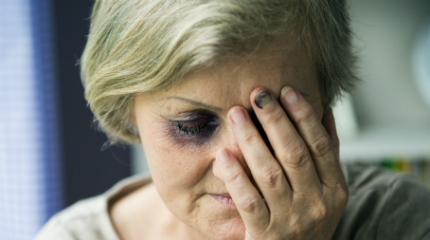 03 Oct 2022
03 Oct 2022
Domestic violence or Intimate partner violence is a serious and complex issue. It is often associated with mental health problems, drug and alcohol use, physical injuries, and other social problems. Women affected by intimate partner violence are more likely to use drugs or alcohol to cope.
The effects of violence on women and children are immense. It can cause long-term health problems in the victim, their children, and their families. It also affects communities because it causes lost work and homelessness.
Women who live in a home with guns are five times more likely to be killed. Intimate partners kill almost half of all women murdered with guns. This is why ensuring you don’t have guns in your home is important.
Sexual abuse has many negative consequences for the person who has experienced it. People who have been sexually abused can often feel guilty or ashamed of what happened. They may feel that they should have done something to prevent the abuse. They may feel guilty about being abused or for being the one to report the abuse.
Violence against women can have a long-term impact on the victim’s mental health, including
- Post-Traumatic Stress Disorder (PTSD) is a severe psychological condition that can develop following extreme emotional stress, such as being a victim of a crime or other traumatic event. The condition can also develop in those who have witnessed or been victims of further trauma. If you are struggling to deal with the effects of PTSD, speak to a qualified professional to get the help you need.
- Depression is a serious illness, and you should seek help. If you feel depressed, talk to a mental health professional.
- Anxiety is a feeling of fear and unease. It is a normal stress response and can be caused by a sudden shock, for example, a sudden fear of an illness or the loss of a loved one. Anxiety can get worse over time and interfere with your daily life. You can get help from a mental health professional.
These effects can include feeling that you are not worth anything and not feeling able to trust others. Research shows that 90% of women with substance use problems had experienced physical or sexual violence. This can lead to a dangerous cycle of addiction, violence, and other issues.
There is a large misconception that people who are victims of abuse or assault are to blame for their situation. It is often not their fault, and it is in the best interest of the abuser to end the relationship. Many times these situations end in death; that is why it is so important to seek help and reach out for support.
If you have experienced abuse, contact a hotline at 800-799-SAFE (800-799-7233), or learn more ways to get help. Family 360 Center is also a resource for you if you need mental health services. Please feel free to contact us.
Source
https://www.womenshealth.gov/relationships-and-safety/effects-violence-against-women
